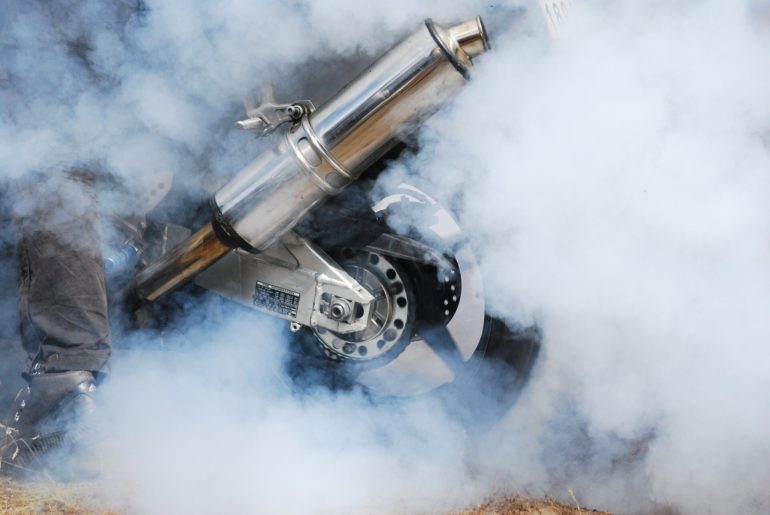Water vapor is an important medium for the wet growth of particulate matter. The increase of water vapor content will accelerate the liquid-phase oxidation of primary pollutants, promoting the generation of new particles and further worsening air quality.
Burning of natural gas, gasoline and coal through human activities can generate water vapor, which is called combustion-derived water (CDW). Its fraction in total water vapor and contribution to smog formation in the lower atmosphere remain unclear.
Researchers from the Institute of Earth Environment of the Chinese Academy of Sciences, Nanjing University and Louisiana State University have revealed that combustion-derived water vapor might worsen winter air quality. Their findings were published in Proceedings of the National Academy of Sciences of the United States of America (PNAS) on Dec. 15.
They collected three winter season, hourly resolution, water-vapor stable hydrogen (H) and oxygen(O) isotope compositions, together with atmospheric physical and chemical data from the city of Xi’an, located in the Guanzhong Basin (GZB) in northwestern China, to elucidate the role of CDW in particulate pollution.
“We find that CDW constitutes 6.2% of the atmospheric moisture on average and its fraction is positively correlated with the concentration of particulate matter with an aerodynamic diameter less than 2.5 μm (PM2.5) as well as relative humidity during the periods of rising PM2.5,” said Prof. An Zhisheng, a corresponding author of the study.
Then the researchers used the WRF-Chem model (an atmospheric chemistry model) to analyze a typical heavy haze episode to quantify exactly the contribution to PM2.5 formation by the known fractions of combustion-derived water.
The results showed that the added PM2.5 by combustion-derived water during a heavy haze episode in the GZB was 2.8% on average, with the highest percentage of 8%.
“If we consider only the anthropogenically contributed PM2.5, the combustion-derived water accounted for 5.1% of them, with the highest percentage of 18.2%,” said Prof. CAO Junji, another corresponding author of the study.
The study demonstrates that combustion-derived water is nontrivial when considering energy policy for improving air quality.
New findings: Differences in particulate matter might reshape air pollution studies
More information:
Meng Xing et al. Vapor isotopic evidence for the worsening of winter air quality by anthropogenic combustion-derived water, Proceedings of the National Academy of Sciences (2020). DOI: 10.1073/pnas.1922840117
Provided by
Chinese Academy of Sciences
Citation:
Combustion-derived water vapor may worsen winter air quality (2020, December 23)
retrieved 26 December 2020
from https://phys.org/news/2020-12-combustion-derived-vapor-worsen-winter-air.html
This document is subject to copyright. Apart from any fair dealing for the purpose of private study or research, no
part may be reproduced without the written permission. The content is provided for information purposes only.



